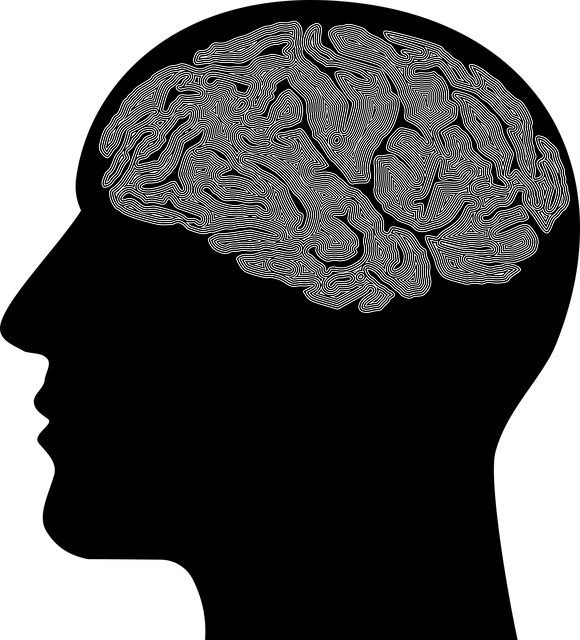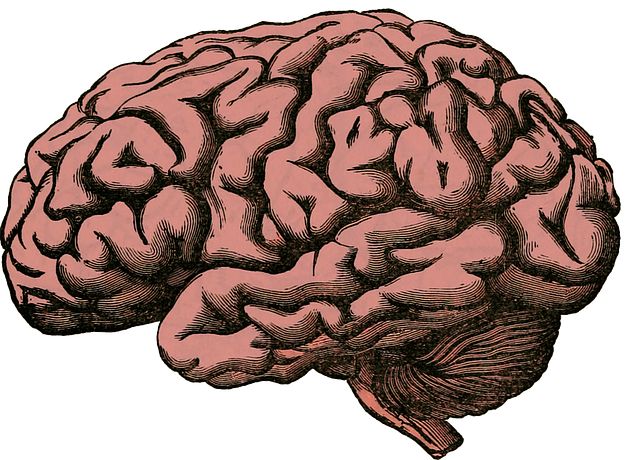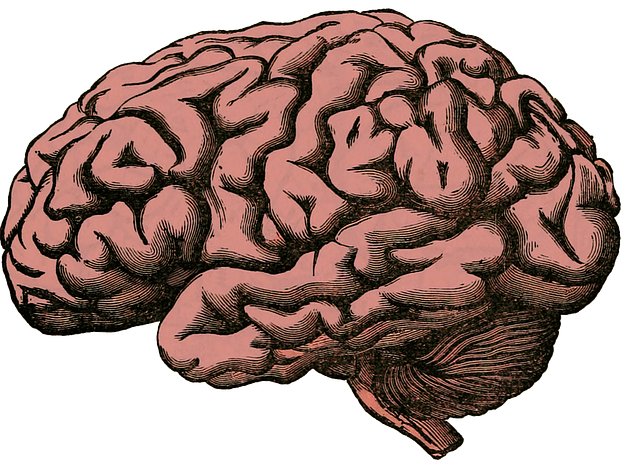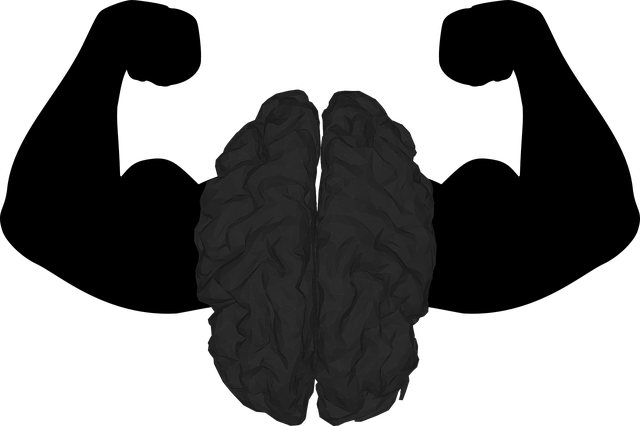Lafayette Codependency Therapy (LCT) offers a holistic mental wellness coaching framework, addressing codependent behaviors through self-awareness, stress management, and interpersonal skills. Tailoring programs to diverse demographics like young adults and middle-aged individuals, LCT incorporates cultural sensitivity and evidence-based practices, including Compassion Cultivation and Self-Care Practices. Effective coaching modules are strategic, integrating risk management and stigma reduction techniques. Success is measured using assessment tools, ensuring tailored support for clients' unique needs, with continuous improvement driven by data.
Mental wellness coaching programs are gaining traction as powerful tools for personal growth. This article delves into the development of such programs, focusing on the foundational principles of Lafayette Codependency Therapy. We explore how this therapeutic approach can be tailored to diverse target audiences, designing effective modules and integrating evidence-based practices. By understanding unique mental health needs, coaches can create impactful programs that measure success through assessment tools, fostering continuous improvement for optimal client outcomes.
- Understanding Lafayette Codependency Therapy: A Foundation for Coaching Programs
- Identifying Target Audiences and Their Unique Mental Health Needs
- Designing Effective Coaching Modules: Strategies and Techniques
- Integrating Evidence-Based Practices into the Coaching Framework
- Measuring Success and Impact: Assessment Tools and Continuous Improvement
Understanding Lafayette Codependency Therapy: A Foundation for Coaching Programs

Lafayette Codependency Therapy (LCT) serves as a robust foundation for mental wellness coaching programs. This therapeutic approach focuses on identifying and addressing codependent behaviors, which can significantly hinder personal growth and relationships. By understanding the root causes of codependency, coaches can facilitate transformative changes in their clients’ lives. LCT emphasizes self-awareness, encouraging individuals to explore their emotions, thoughts, and patterns of interaction with others. This introspection is key to developing coping skills that foster independence and healthy interdependence within relationships.
The integration of Lafayette Codependency Therapy into coaching programs offers a holistic approach to mental wellness. It not only targets individual challenges but also equips clients with tools to navigate interpersonal dynamics effectively. Moreover, this therapy promotes self-esteem improvement by helping individuals recognize their inherent worth and set boundaries that respect both their own and others’ needs. Through community outreach program implementation, coaches can further enhance the impact of LCT by providing accessible support networks where individuals can practice new coping skills in real-life scenarios, reinforcing positive behavioral changes.
Identifying Target Audiences and Their Unique Mental Health Needs

Identifying target audiences is a crucial step in developing effective mental wellness coaching programs. Different demographics and groups have distinct mental health needs, shaped by factors like age, culture, gender, and past experiences. For instance, young adults transitioning from college may struggle with adjusting to adulthood and independence, requiring support in navigating life changes and building resilience. On the other hand, middle-aged individuals often face challenges related to career transitions, midlife crises, or managing family responsibilities, highlighting the need for coaching focused on stress management and work-life balance.
Lafayette Codependency Therapy is a specialized service that caters to individuals dealing with codependency issues, which frequently arise from complex interpersonal dynamics. Incorporating cultural sensitivity in mental healthcare practice is essential here, as people from diverse backgrounds may exhibit unique expressions of distress and strengths. A comprehensive coaching program should address these variations, offering tailored strategies for self-care routine development that foster better mental health outcomes for each target audience.
Designing Effective Coaching Modules: Strategies and Techniques

Designing effective coaching modules is a strategic process that involves tailoring interventions to meet individual needs and goals. Coaches should incorporate various techniques and strategies, such as Compassion Cultivation Practices, to foster an environment of empathy and understanding. By integrating Self-Care Practices into the coaching curriculum, professionals ensure they can effectively support their clients while maintaining their own well-being. This holistic approach not only benefits the coach but also enhances the quality of care provided.
For complex cases, particularly those involving codependency issues, Lafayette Codependency Therapy can offer valuable insights and tools. Incorporating these evidence-based methods allows coaches to address underlying emotional dependencies, promoting healthier relationships and improved mental wellness. Moreover, Risk Management Planning for Mental Health Professionals is a crucial component, enabling coaches to navigate challenges safely and ethically while delivering high-quality coaching services.
Integrating Evidence-Based Practices into the Coaching Framework

In developing mental wellness coaching programs, integrating evidence-based practices is paramount for ensuring effectiveness and positive outcomes. Coaches play a crucial role in guiding individuals toward improved mental health by incorporating techniques that have been rigorously tested and proven successful. For instance, Lafayette Codependency Therapy offers a structured framework to address interdependent relationships and emotional patterns, fostering self-awareness and personal growth. This approach not only helps clients navigate complex dynamics but also promotes healthier communication and boundary setting—key aspects of resilience building.
Furthermore, the inclusion of practices aimed at mental illness stigma reduction efforts and conflict resolution techniques enriches coaching sessions. By creating a safe and non-judgmental environment, coaches facilitate open discussions around mental health challenges, encouraging self-acceptance and support-seeking behaviors. Conflict resolution skills, similarly, empower individuals to navigate interpersonal tensions with greater ease, enhancing overall well-being and social connections.
Measuring Success and Impact: Assessment Tools and Continuous Improvement

Measuring success and impact is a vital aspect of any mental wellness coaching program. Coaches often employ a range of assessment tools to track client progress, including self-reported questionnaires, clinical interviews, and behavioral observations. These tools help identify improvements in areas such as anxiety relief, communication strategies, and self-care practices – key indicators of successful coaching. For instance, the Lafayette Codependency Therapy model utilises specific assessments to gauge changes in interpersonal relationships and emotional well-being, ensuring that the program effectively addresses codependency issues.
Continuous improvement requires regular review and adaptation of coaching methods based on assessment results. Coaches can identify areas needing further attention or new techniques to enhance their programs. By fostering a culture of data-driven decision making, coaches can tailor their approaches to better support clients’ unique needs, maximising the impact of mental wellness coaching.
The development of mental wellness coaching programs, grounded in evidence-based practices like Lafayette Codependency Therapy, offers a transformative approach to addressing diverse mental health needs. By understanding specific target audiences and tailoring effective coaching modules, practitioners can create impactful interventions. Integrating assessment tools that measure success allows for continuous improvement, ensuring these programs remain dynamic and relevant. Through this strategic approach, mental wellness coaching emerges as a powerful tool for fostering resilience and enhancing overall well-being.














